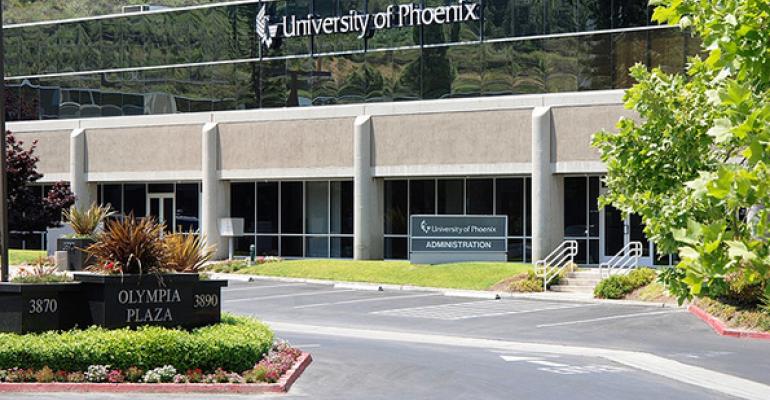On Tuesday June 23, 2015, a federal district court judge in Washington, D.C., John Bates, found in favor of the U.S. Department of Education (DOE) in ruling that the DOE can base its determination as to whether a student attending a for-profit college or vocational school (think University of Phoenix or ITT Technical Institute) is eligible for financial aid on whether past graduates of the institution in question were properly prepared to pay off their respective debts.
The main point of contention in the suit between the DOE and the Association of Private Sector Colleges and Universities (the Schools) is the definition of the term “gainful employment” as it appears in the code governing access to Title IV financial aid benefits. Though the term itself is left undefined, the code allows the DOE to determine its own criteria, and the DOE established the regulations in question in this suit in 2014. A program satisfies the current criteria if graduates’ median annual loan repayment is less than or equal to either 20 percent of discretionary income or 8 percent of annual earnings. It fails if the annual loan repayment is more than 30 percent of discretionary income and 12 percent of annual earnings. If a program’s numbers fall between these two poles, then it receives, as Judge Bates puts it, a “warning shot.”
The Schools argued that since the term was left undefined by congress, the requirement that they “prepare [their] students for gainful employment in a recognized occupation” is satisfied if their graduates get any paying job, regardless of their actual ability to support themselves. However, the judge rejected this plea, finding that the DOE’s criteria were reasonable and that determining repayment ability through examination of debt-to-earnings ratios was a “rational mechanism.”
The Schools were understandably incensed by the decision and have claimed that it will deprive hundreds of thousands of students of access to higher education. Technically, they aren’t wrong. A number of for-profit and vocational institutes will lose their abilities to offer financial aid as a result of this ruling and that will result in many students no longer being able to afford to attend. That being said, if these students were taking on debt to matriculate to a school that wasn’t actually preparing them to pay off said debt, is preventing them from doing so a deprivation or a blessing? In such cases, attending these schools appears worse for these students’ futures than not participating in higher education at all.
We write quite a bit on this site about how to manage the costs of higher education, the value of which we often take as self-evident. But, if the schools themselves (in this case vocational and for-profit) aren’t actually setting students up to succeed, what purpose do they serve, exactly, other than to deepen the already yawning student debt chasm in this country? Ultimately, though some will lose their places, the DOE’s criteria represent a net positive, as they will both prevent students from taking on unnecessary debt in the short term by stopping them from attending at all (a painful truth) and force these schools to ensure that they’re actually preparing future graduates to be something other than debt-ridden as well.





